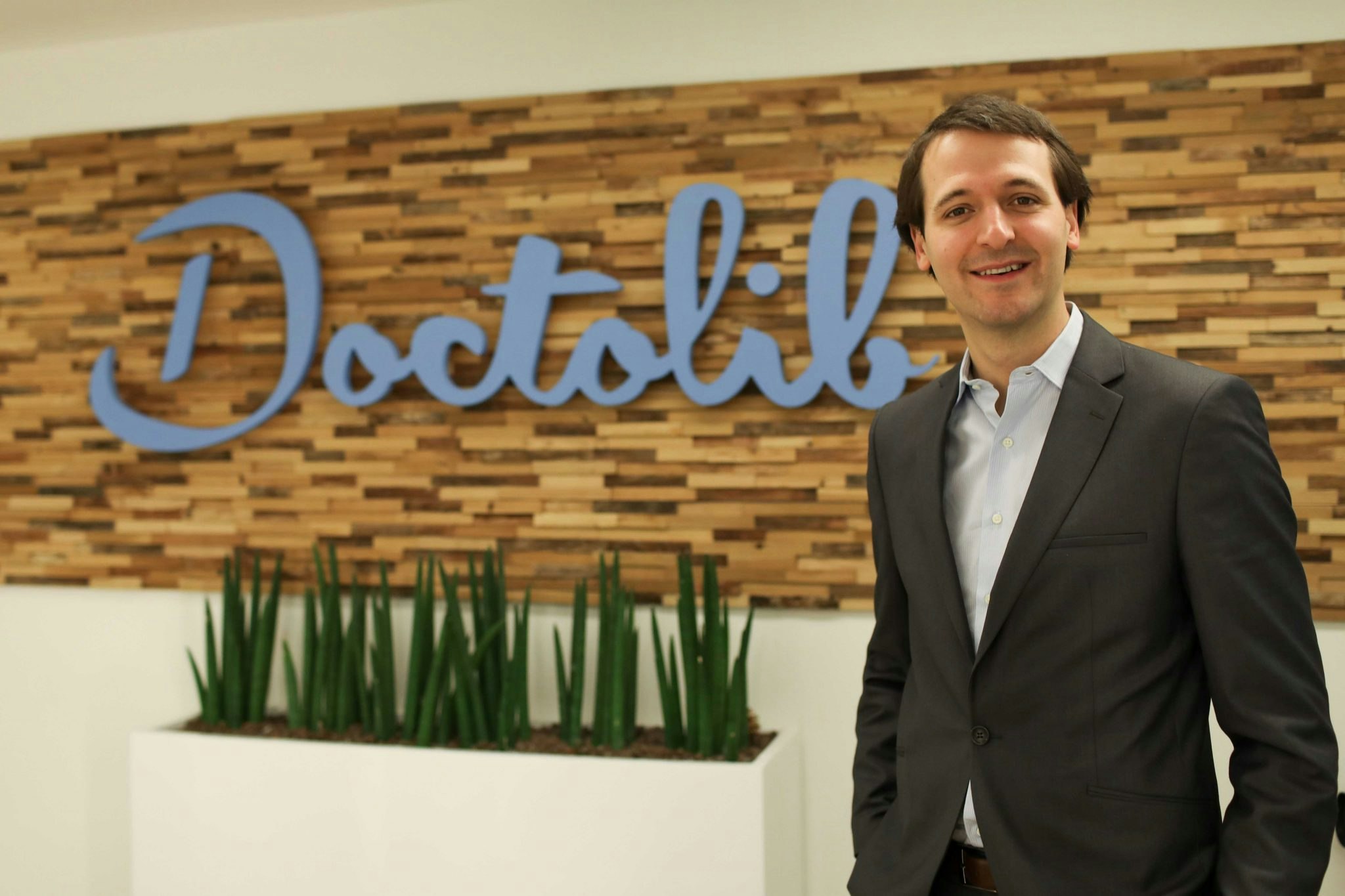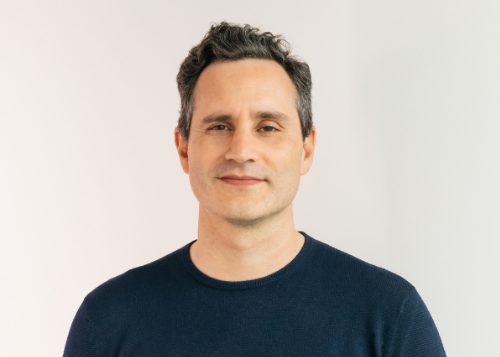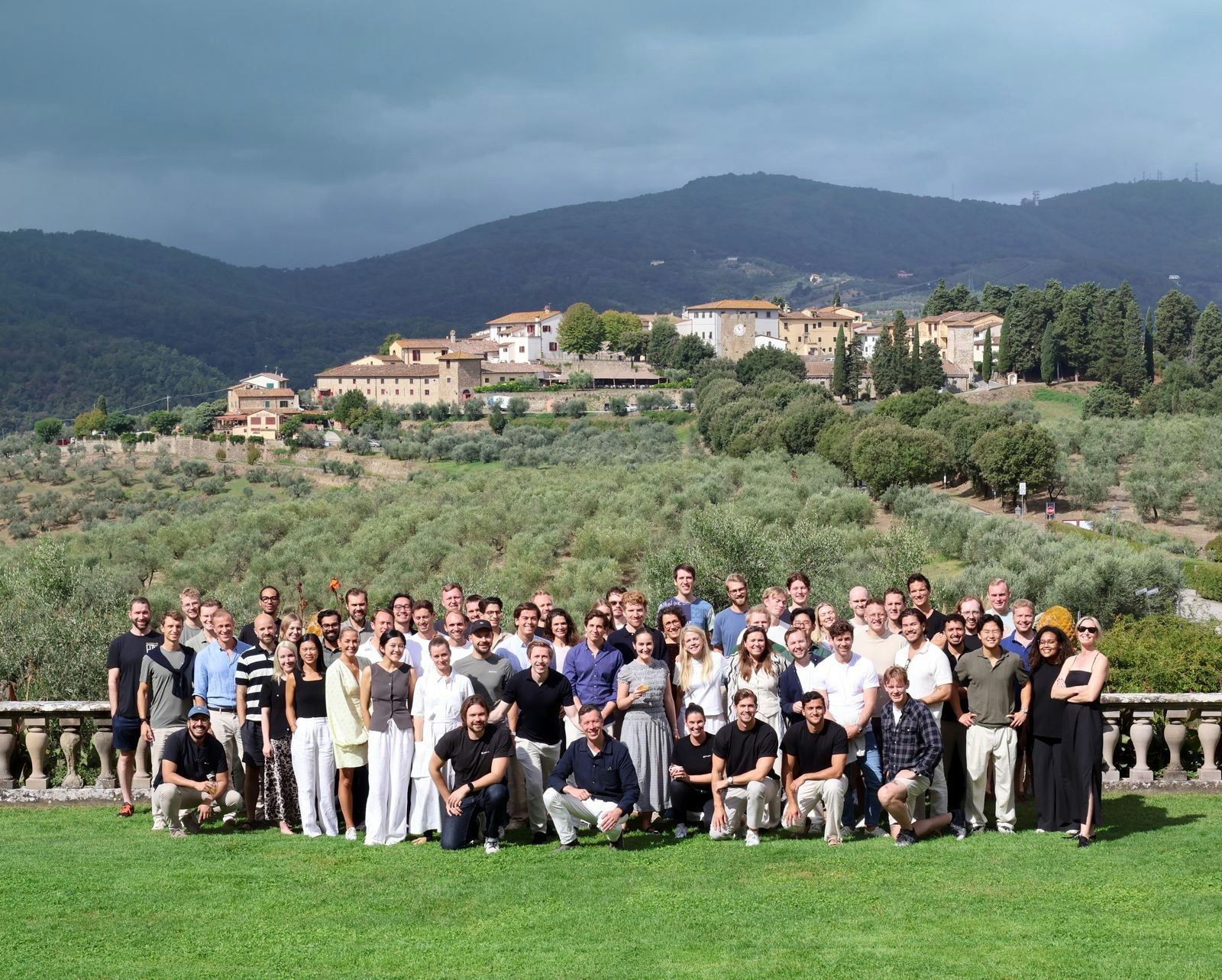Few startups in France can claim to have changed the way people behave in as systemic a way as Doctolib.
Launched in 2013 by Stanislas Niox-Chateau, Doctolib has become a key component of the country’s healthcare system. Its first product — an online booking platform that lets patients schedule doctor appointments — saw huge adoption in a sector with very little digitisation.
Today, the company covers “almost all of the French population”, says Doctolib’s CFO Pierre Vergnes. It counts 80m patient accounts spanning three countries, of which the vast majority remains in France. Doctolib also has 19m users in Germany, which it expanded to in 2016, and a “nascent” number of users in Italy, launched in 2021.
During the Covid pandemic, the French government selected the company as an official partner to manage vaccination appointments. “[In France], they’re a utility company for running healthcare infrastructure now,” says Lloyd Price, a healthtech M&A advisor.
It’s not only patients. Across all three markets, 900k healthcare professionals have signed up to Doctolib, including 200k in Germany. About half are paying customers who, in addition to the patient booking management system, also use premium features that the company added later on to support doctors, such as teleconsultation services and an all-in-one platform to manage patient medical information as well as take notes during consultations.
The company is one of France’s highest-valued private tech companies, having secured a €5.8bn valuation when it raised a mammoth €500m equity and debt funding round in 2022. With nearly €300m in revenue, Vergnes says that Doctolib is on track to be profitable in 2025 –– and two sources with direct knowledge who, like others in this article chose to remain anonymous to protect relationships, tell Sifted that it already is in France. Doctolib declined to confirm.
“Doctolib is a very healthy company, with enough capital to fund its most aggressive growth plans in the years to come,” says Antoine Freysz, partner at French VC Kerala Ventures, which has backed the company. Other big investors in the company include General Atlantic, Eurazeo, Accel and Bpifrance.
Yet Doctolib’s next move is hard to predict. The success that the company saw in its home market has been hard to replicate abroad: eight years after opening Germany, Doctolib is only starting to see significant results, while the expansion to Italy is “still in the learning phase,” says Vergnes.
While not ruling out further international expansion, Vergnes says that Doctolib is betting more on product expansion to generate growth. “We are trying to make an operating system,” he says. “If you imagine the Microsoft or Google suite, but for doctors, that’s what we are developing.”
But medical software is an increasingly competitive space, especially in the age of AI, which is seeing smaller players like Nabla emerge to provide cutting-edge services like personal assistants for healthcare professionals.
It means Doctolib, with its nearly 3k-strong workforce and 10 years in the business, will have to remain agile — or get acquisitive — to stay ahead of the curve.

The challenge of geographical expansion
For three years after launch, Doctolib remained focused on a single product — the booking management system — and a single home market. In 2016, the company launched its first market outside of France.
“We arrived in Germany with a French success story thinking ‘This will work’”, says Vergnes. “Well no, it didn’t immediately.”
German doctors, unlike their peers in France, typically work as part of a well-equipped larger practice, earn better salaries and employ assistants for administrative work — meaning Doctolib struggled to find the right product-market fit and to convince local users.
It started seeing things pick up in Germany in 2021, after re-hiring its sales teams several times and adapting the product to users’ expectations. “User expectations in Germany were much higher,” says Vergnes. “In France, we could afford at the start to have five minutes of instability a day — that was impossible in Germany.”
Doctolib supports 200k healthcare professionals and 19m patients in the country — numbers that are growing by 50-60% per year, according to Vergnes — with a team of 750 people on the ground.
“They had to adapt and it took a bit of time to understand,” says Kerala Ventures’ Freysz, “but Germany is now running at full speed and Doctolib is very well positioned in the country.”
Learning from the challenges it saw in the German market, Doctolib adopted a different approach when it expanded to Italy in 2021. It acquired a local player, Dottori.it, which already supported thousands of doctors with an online booking system.
But one source with direct knowledge says that things didn’t go quite to plan, with many of the users who were paying to use Dottori’s services deciding to leave the platform after the acquisition.
Doctolib declined to disclose how many patients and doctors the company currently supports in Italy, due to the “intensity of the competition” in the market.
Vergnes says that Doctolib is “starting from point zero” in Italy. “We have to evangelise the doctors,” he says. “It’s a specific consumer population, which in fact doesn’t consume much. So we have to reach out to them.”
The company now has a team of 300 people in the country.
Doctolib’s hiccups in Italy are a reminder that expanding a healthcare product is much more complicated than your regular SaaS platform. “We are present in three countries that have three very different healthcare systems,” Vergnes adds. “So it’s a very strong and very long learning process.”
The company is looking at neighbouring markets like Benelux, Switzerland, Austria and the UK, says Vergnes — but he insists that further geographical expansion is not Doctolib’s current priority.
“There is no doubt that we will be present in other European countries,” he says, “but geographical expansion is not really the strategy right now. We’re not strictly counting on it for growth. There are many other things to do.”

A technological leader
Although Doctolib is mostly visible because of patient usage, its target user base — and the one that generates revenue — is healthcare professionals. It hopes to increase usage by developing new services for them.
The platform includes patient management services, support for administrative tasks in clinical care, financial tools and care coordination across different specialities. But there’s much more that could be added, either via acquisitions or internal product development.
“With the current technological revolution, the medical software market is moving fast,” says Vergnes. “We can enormously grow, just with the product.”
It’s a sector that counts “hundreds” of competitors, says Vergnes, ranging from small early-stage companies to established scaleups like healthtech Kry, which runs physical clinics and provides a digital healthcare platform to match patients and doctors — and is experiencing fast growth in France.
Some are prime targets for acquisition: like Siilo, a Dutch startup that provides instant messaging services for doctors, which Doctolib bought last year. It supports 450k healthcare professionals in 29 European countries, including Belgium, Germany, the UK and Ireland. This could give Doctolib a way into a few new markets — starting with the Netherlands, where the company has inherited a team of 50 from the operation.
But there’s also plenty that can be done internally. Doctolib is investing up to €100m in R&D every year, says Vergnes. Its objective? Like many others, becoming a leader in AI.
AI tools could help increase doctors’ productivity by automating certain tasks, such as appointment management, and improve patient care by supporting better prevention, for example with vaccine tracking.
One application that Doctolib is already developing, says Vergnes, is an AI-powered ‘personal assistant’ for doctors, which could take notes during appointments and provide detailed reports — a similar tool to that being developed by Paris-based AI startup Nabla and US company Abridge.
Doctolib was in talks with Nabla, Vergnes says; without confirming whether an offer was put forward.
“We’re open to all opportunities,” he says. “Every time a good team shows up — and it so happens that Nabla is a good team — we speak with them to see if we can work together, do a partnership, or if they want to join us.”
Towards profitability
Doctolib’s R&D push comes after a bumpy few years. Although the Covid pandemic helped make it a household name in France, it was a costly move that didn’t bring any financial returns.
The company mobilised 300 staff to equip doctors with teleconsultation tools at the start of the pandemic, and almost all its developers to support bookings in temporary medical centres during the vaccination campaign. Several major projects, such as the launch in Italy, had to be postponed by over a year.
“It wasn’t an accelerator business-wise,” says Vergnes. “We spent a lot of time developing something that had no future. Organising country-wide vaccination was a one-off that didn’t benefit us financially.
“When it was over, it caused significant disruptions,” says Kerala Ventures’ Freysz.
Two sources with direct knowledge say that, as for many startups and scaleups, the past year has also come with the imperative to reduce cash burn and focus on profitability. Doctolib cut projects that didn’t show clear ROI and froze new recruitment, according to both sources, enabling the company to reach 2024 with better control over its finances.
“We doubled down on our profitability objective [in 2023-24] but we have not changed the trajectory,” a Doctolib spokesperson says. “The slowdown — and not the reduction — in growth in terms of workforce size can be explained by the fact we reached maturity in France, and on support roles.”
Doctolib says 200 roles are currently open across 18 locations and that 223 permanent employees have been recruited since the start of 2024.
There has also been some reshuffling of the leadership team, notably with the departure last year of chief product officer Julien Meraud. He was replaced by Niox-Chateau, the company’s founder and CEO, who has taken on both roles.
Vergnes says that the company brought in a number of executives with corporate experience, such as Jean-Urbain Hubau, former COO of global payments provider Edenred, who became managing director for France; and Nikolay Kolev, previously managing director at consultancy firm Deloitte, to take charge of Doctolib in Germany.
“We’ve finished the transformation we needed to do,” says Vergnes.
With a strong brand in France, acceleration in Germany, profitability in sight and growth prospects, Doctolib is often cited as one of France’s strongest candidates for a near-term IPO — and potentially a European one.
A few gaps likely remain before the company is ready to publicly list, including achieving the profitability target — and demonstrating greater internationalisation. “They’d benefit from looking more international,” says one source with knowledge of the sector. “In the current market, they probably have a bit more work ahead of them.”
But the CFO says that an IPO, at least for 2024, is not on the cards.
“We don’t need cash today to fill a gap, including for M&A, until we reach our turning point of profitability,” says Vergnes. “We probably will need more money one day, and the question will be relevant then.”
“We know we have investors who will need liquidity, but there are lots of solutions for this, not just IPOs.”
It’s also unlikely to see Doctolib acquired by a competitor, according to the CFO, although he wouldn’t rule out the option altogether. And to the question of whether the company has received any offers to date? “I’ll pass,” he laughs.



